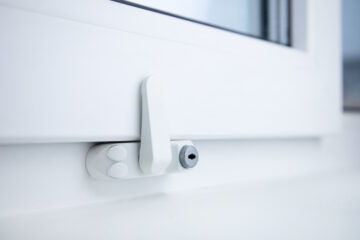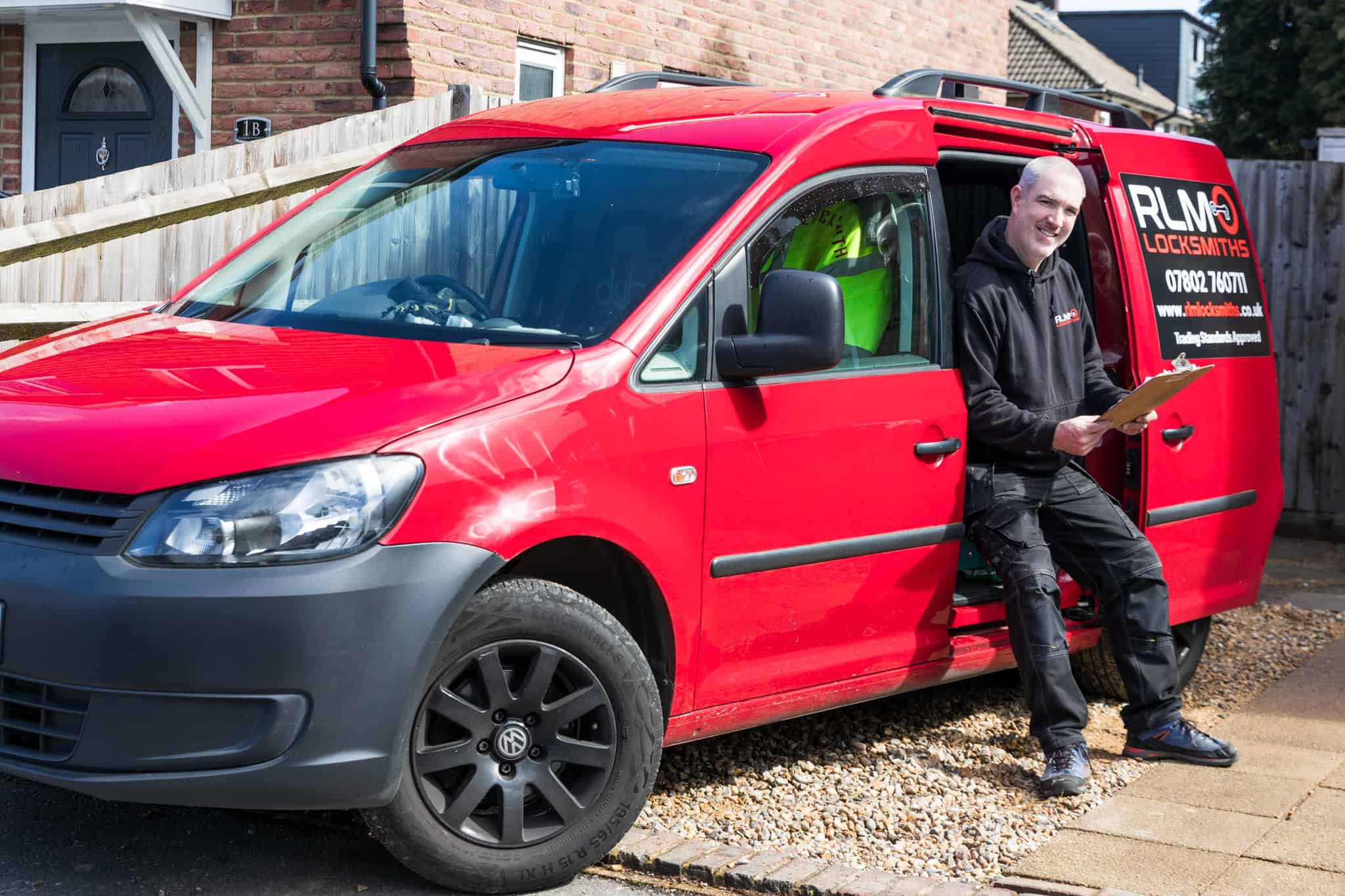A broken key might seem like a minor inconvenience, but it can quickly turn into a stressful situation if you’re locked out of your home or business. A snapped key can leave you locked out, disrupt your day, and require a professional locksmith to save the day. Understanding why keys break and how to reduce the risk is essential for keeping your property secure and avoiding the unnecessary stress of a lockout.
Common Reasons Keys Break
Keys are made from metals like brass or nickel silver, which are strong enough to operate a lock but still susceptible to wear over time. Daily use gradually weakens the metal, and certain conditions can accelerate this process. Exposure to moisture or harsh environmental conditions can cause corrosion, while repeated stress can create tiny cracks that grow over time. Even small imperfections or pitting along the key’s edge can turn an otherwise sturdy key into one that is far more likely to snap.
The metal fatigue that occurs is often invisible until the key fails. This is why even well-cared-for keys can break suddenly if there are underlying weaknesses that have developed. Rough handling, forcing a key into a sticky or misaligned lock, or using it for purposes other than turning a lock, like opening parcels, can all increase the risk of breakage.
Common Problems with Second-Generation Door Keys
Second-generation door keys, typically referring to duplicate or replacement keys cut from an original, can be problematic for several reasons, especially when they’re not cut with absolute precision or used in modern lock systems. Here’s a breakdown of the key issues:
1. Imprecise Duplication
Each time a key is copied from another copy (rather than the original), tiny inaccuracies can accumulate. These imperfections may cause the key to insert but not turn, or to jam inside the lock.
2. Wear and Tear
Keys wear down over time. If a worn key is used as the template for duplication, the new key inherits those flaws. This can lead to poor alignment with the lock pins or wafers, making the key unreliable.
3. Compatibility Issues
Some modern locks, especially high-security or restricted-profile systems, require keys to be cut to exact specifications. Second-generation keys may not meet these standards, leading to lock damage or failure to operate.
4. Security Risks
Physical keys are easy to copy, even when marked “Do Not Duplicate.” This undermines security, especially in commercial or multi-tenant settings.
Unauthorised duplicates can be made without the owner’s knowledge, increasing vulnerability.
5. No Access Control
Unlike smart locks or electronic systems, traditional keys can’t be tracked or restricted by time or user. Second-generation keys work anytime, anywhere whether you want them to or not.
How Improper Use Can Contribute to Breakage
Keys are precision tools, designed for one purpose: turning a lock smoothly and reliably. Using them in ways they weren’t designed for like prying, scraping, or twisting beyond the lock’s mechanism puts undue unnecessary stress on the metal. Over time, this extra pressure weakens the key and increases the likelihood of it snapping at the worst possible moment. Even keys in good condition can fail if they’re subjected to regular misuse or forced entry attempts.
Preventative Measures to Protect Your Keys
While you shouldn’t attempt to repair a key yourself, there are simple ways to reduce wear and tear and keep your locks operating safely. Regular checks by a professional local locksmith services provider can help identify keys and locks at risk before a problem occurs. Professional locksmiths can advise on spare keys, lock maintenance, and safe replacement options that suit your property.
Spare keys are invaluable. Keeping a set safely stored ensures you’re never relying on a single key that might break. Professional locksmiths can also cut accurate duplicates, making sure they fit your lock perfectly and avoid unnecessary stress on the mechanism.
A well-maintained lock paired with a strong, properly cut key will significantly reduce the chances of unexpected breakages. Professional local locksmith services can check for misalignment, worn locks, and other issues that might not be visible to the untrained eye. They ensure your keys and locks are operating as they should, preventing frustration and improving overall home or office security.
Signs You Should Replace Your Keys
Keys are easy to overlook until it’s too late. Bent keys, rough edges, or difficulty turning are all early signs that a key is weakened and could snap. If your key is older than five or ten years, especially with daily use, it may be time to have a professional locksmith inspect and replace it.
Replacing worn keys is always easier and safer than dealing with a key broken inside a lock. Experienced local locksmith services can remove broken pieces without causing further damage to the lock itself and provide replacements that restore full functionality.
Why Professional Locksmith Advice Matters
Even with careful use, keys are not invincible. Knowing when to call a professional can save both time and money. A trusted locksmith can assess your keys, check your locks, and provide replacements or security upgrades tailored to your property. They can also advise on how to prevent recurring issues, such as upgrading to more durable key types or improving lock mechanisms to reduce strain.
By relying on professional local locksmith services, you gain more than just a replacement key. You gain peace of mind, knowing that your home or business is secure and that you have the right support should anything go wrong.
Keys may be small, but they play a vital role in your property’s security. Paying attention to their condition, using them correctly, and consulting a professional when needed dramatically reduces the risk of breakage. With guidance from experienced local locksmith services, you can ensure your keys and locks provide the reliable security your home or business deserves.
A small investment in preventative care now can prevent a frustrating lockout or costly repair later. Don’t wait until a key snaps, get expert advice and support to keep your property safe.





